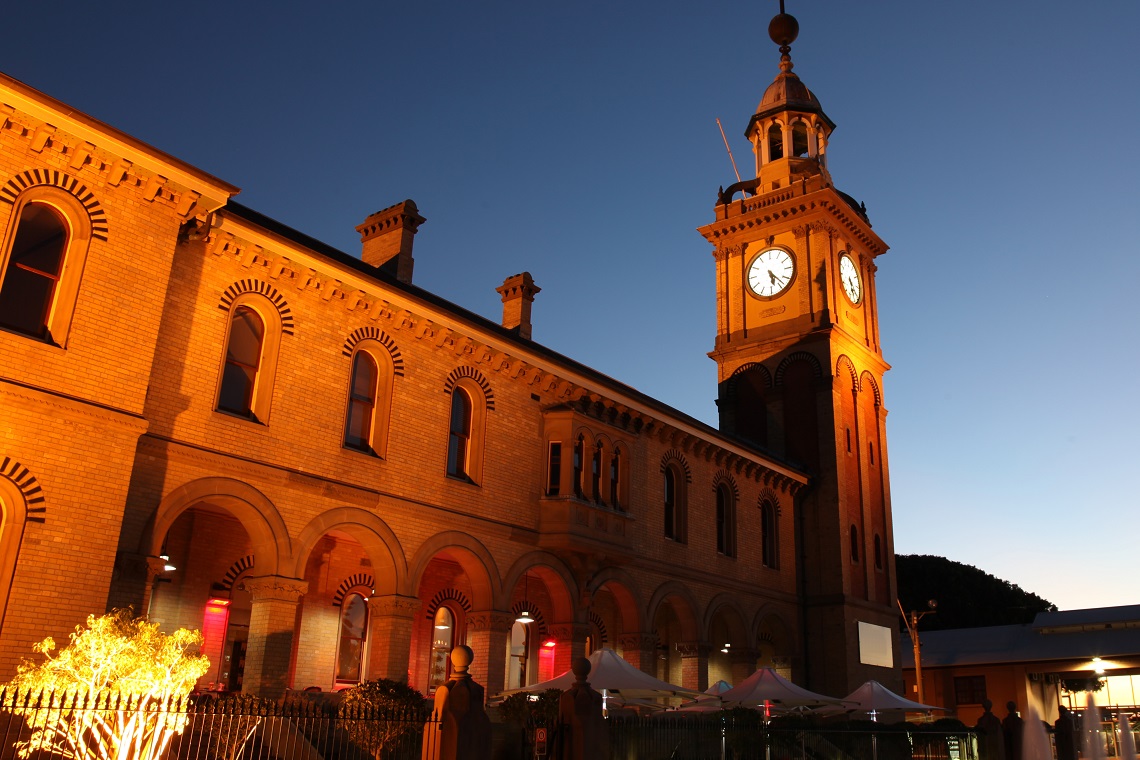The Australian Hotels Association NSW (AHA NSW) has made its submission to the review of the ‘special conditions’ which have applied to 15 hotels and bars in the Newcastle CBD since 2008.
The review is being carried out by barrister Jonathan Horton QC and AHA NSW has highlighted that it is 10 years since the conditions were put in place and that many of the venues have undergone substantial changes in that time and that a number of the measures introduced have become “outdated or superfluous”.
There has also been a significant cost implication as a result of the significant drop in patronage and the subsequently substantial down-turn in the night-time economy.
The submission highlighted a case study of one Newcastle hotel, saying: “Recently, some have argued that as none of the Newcastle hotels imposed with the licence conditions had closed, claims of hardship were exaggerated. The commercial reality is when trading is impacted and hotels lose their value, financial institutions call in loans, often forcing licensees to sell at lesser prices to pay debts.
“One hotel was purchased in 2008 for $6.8m with an annual turnover of $10m. The hotel was purchased to provide financial security into the future for a family. The hotel opened a restaurant which was recognised as the national AHA’s regional restaurant of the year in 2009. By 2013 the hotel was in receivership, sold for $2.4m with a turnover of $6m annually.
“The cost to the licensee was immense, but the hotel itself trades on under different ownership so the perception is nothing has changed.”
In addition to the financial impact on the venues involved, AHA NSW has asked whether the Newcastle conditions have actually been effective.
“These costs to employment and the economy may be justifiable if the evidence supported the effectiveness of the conditions, however, this is simply not the case.
“While the number of assaults in licensed premises in Newcastle CBD declined in the year following the introduction of trading restrictions in 2008, they soon rose again to levels higher than 2008.
“Between 2009 and 2011 the number of assaults in the Newcastle LGA increased by approximately 21 per cent – the largest single increase of any Local Government Area across NSW.”
In making its submission AHA NSW has told the review: “The AHA NSW does not support policy which unfairly penalises many safe, well-run venues with proven track record of compliance.
“While we are not advocating for the complete removal of lockouts or cease service provisions as a part of this review, we remain convinced imposed lockouts are not an effective strategy, and the detrimental consequences to business substantially outweigh any perceived benefits.
“In the absence of specific data proving the lockout measure to be successful, we have always advocated lockouts should not be imposed upon premises, but instead remain a voluntary option should local communities determine they have the appropriate demographics to support such an initiative.”
The association added: “The management and compliance of licensed premises have also been improved by increased penalties and ramifications for non-compliance including the Three Strikes Disciplinary Scheme, Annual Liquor Licence fees, the Violent venues Scheme and action by the Authority against individuals under Part 9 of the Act.
“Importantly nine years after the conditions were imposed in Newcastle we have also seen the Sydney CBD and Kings Cross Plan of Management reviewed after two years of operation, with the NSW Government replacing or modifying some of the measures following a review by respected former High Court Judge Ian Callinan AC.”
The AHA NSW added that it’s position was that the revocation of the Shared Radio Network and Plan of Management audits would be reasonable as they are now outdated.
In addition it called for the drinks restrictions of no shots, no drinks over 30ml alcohol and no RTDs over five per cent should be aligned with other jurisdictions. Namely they be moved form the current Newcastle restriction of 10pm to 12am. Also that Newcastle sees the adaptation of a ‘cocktail list’ similar to that in the Sydney CBD which includes “cocktails, martinis, single nips and other drinks that are not designed so as to promote rapid consumption or intoxication”.
Finally the association also suggested that the ability to apply for exemptions should be introduced.
The Horton Review is currently reviewing all the submissions made and the ILGA has said that there is no specific deadline for the review to be completed and although submissions to the review will be made public, ILGA said it has not yet determined exactly when this will occur.

